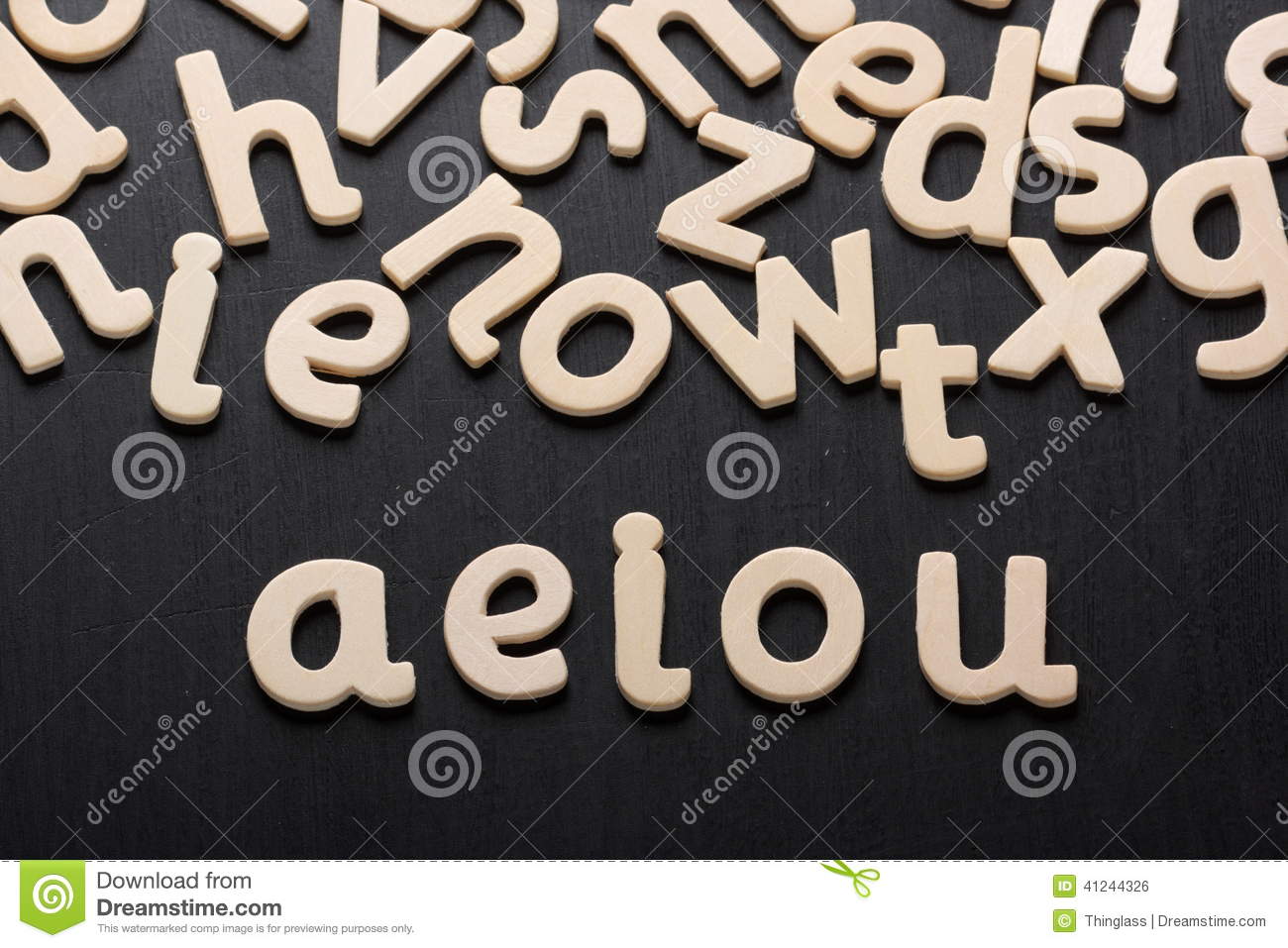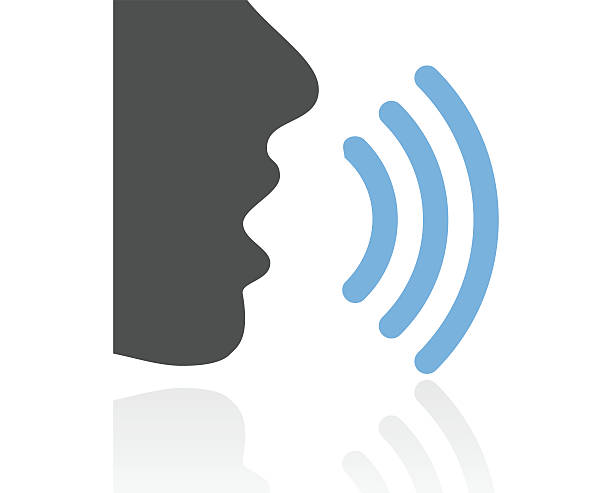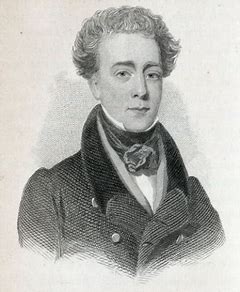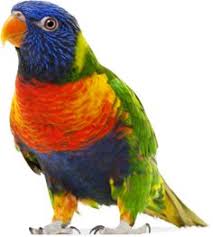November 14, 2021
King-Designate Converting To Divinity
Miles Clifford, in his book, A Nigerian Chiefdom: Notes on the Igala Tribe in Nigeria and their “Divine King,” juxtaposes “the Idah chiefdom…and the Jukun chiefdom of Wukari,” This is not surprising, considering the long cultural association that the two groups had shared in Medieval times of Apa or Kwararafa confederacy. C.K. Meek, in A Sudanese Kingdom: An Ethnological Study of the Jukun-speaking Peoples of Nigeria, remarks that “According to early British explorers of the
October 28, 2021
Varying Vowels of Igala and English
As we all know, the Igala alphabet was created from the English alphabet. However, in the pronunciation of the letters of both alphabets, we notice stark differences in how their vowels and consonants sound. In terms of number, the vowels of English are five, while those of Igala are seven, as shown in the Table below. In this post, the individual vowels of the two languages are juxtaposed in two columns in the Table below
October 20, 2021
Five Tones of Igala Tongue
‘Ígálá’ is a tonal language; and, in tonal languages, only tone conveys meanings in words. For instance, the duplicated consonant, ‘kk’ per se, is meaningless but when you spice it with a vowel, or vowels, you see different meanings roll out. Example 1: Add the vowel, ‘ẹ,’ bearing a high tone (ẹ́); then, you will have ‘kẹ́kẹ́,’ meaning ‘small’ or ‘little’. E.g. Ọ́ma kẹ́kẹ́. A little child. Example 2: Add two vowels, ‘o’ and ‘e,’ with variant
October 13, 2021
Anecdotes From the Archives
The British Government, in 1838, passed an Act of Parliament aimed at abolishing Slave Trade in Africa. For that purpose, a steam-boat, named ‘Albert,’ was fitted for the voyage; and it set sail in 1841 under the Command of Captain H. D. Trotter. Other Commissioners were Captain William Allen, who was on the previous 1832 Richard Lander-led expedition, Captain T. R. H. Thompson, M.D. Surgeon, both of the Royal Navy. Rev. (later, Bishop) Samuel Ajayi Crowther
September 28, 2021
Variant Vowels and Tones
As we said before, Ígáláà is a tonal language; in other words, only tone introduces a meaning in a word. For instance, the duplicated consonant, ‘k k,’ is meaningless because there is no vowel bearing a tone or two to give it meaning. But when we add the low-toned vowel, ‘à’ and the high-toned ‘é,’ a meaning emerges: a short sentence, a command: Kà ké. (Say it now). The Igala speech uses a number of





